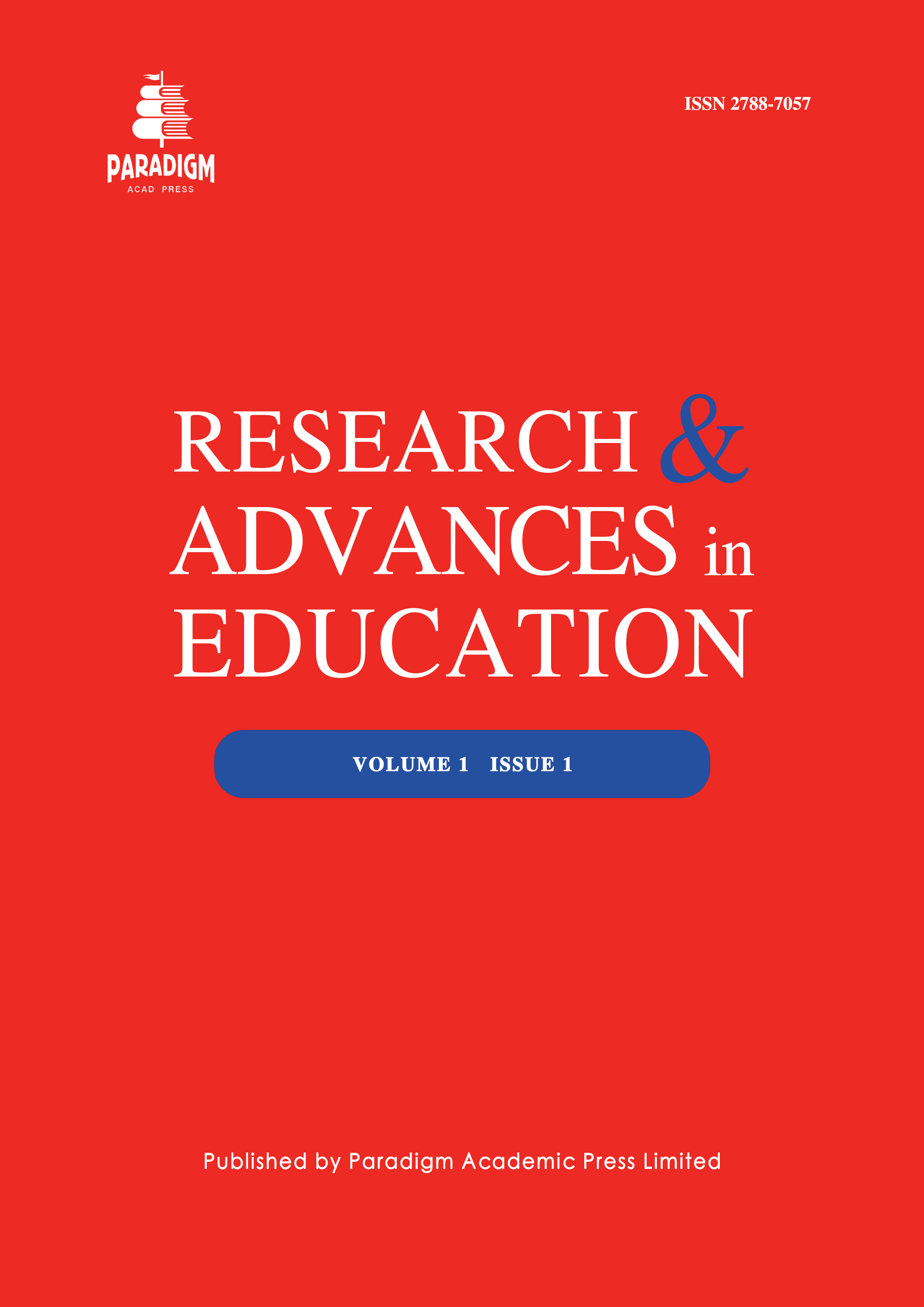The Effects of Soft Skills and Training Methodology on the Students’ Learning Performance and Graduate Employability in Jordan
Keywords:
soft skills, training methodology, students, learning performance, work performance, graduate employability, JordanAbstract
Graduates with “soft skills” like teamwork and the ability to motivate others to achieve a common goal are in high demand from employers. Quantitative studies have not been undertaken in several nations; Hashemite kingdom of Jordan included. Investing in soft skills training is essential for creating a high-performance work culture. One approach that helps businesses attain a high-quality work culture is training. To be successful in today’s business world, you need a blend of hard and soft skills. The term “soft talents” is often used to refer to a wide range of qualities, such as self-awareness, the ability to take criticism without personal attack, and the capacity to get along well with others. The goals of this research are probed using quantitative methods. The research is cross-sectional in nature, with data obtained from 85 participants via the use of both descriptive and inferential statistical methods. Based on the results of the correlation and regression analysis, it was shown that the training technique has a 52% effect on graduates’ employability, while soft skills have a 58% effect on graduates’ employability on their own. The influence of soft skills on learning performance has been quantified at 64%, with the impact of training methods at 59%.


